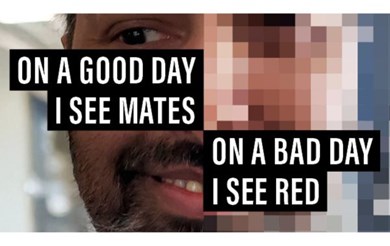Peter McCabe, Chief Executive of brain injury charity Headway, said: “This research is a clear warning signal that the physical and psychosocial implications of brain injury can last a lifetime.
“It also strongly reaffirms that appropriate specialist support should be in place to address the unique and complex needs that many brain injury survivors require, particularly those who sustain moderate or severe injuries.
“Each year, around 160,000 people are admitted to hospital in the UK following a head injury. The vast majority of these injuries will be minor head injuries or concussions, with these patients unlikely to experience any significant long-term effects if treated correctly.
“While the report suggests that concussion in children can have long-lasting effects in a very small percentage of cases, it is important that parents are not put off from encouraging their children to participate in sport. Rather, the emphasis should remain on increasing awareness and helping people to better identify symptoms.
“The often hidden effects of brain injury can make it difficult for people to get the diagnosis and help they need. This is particularly the case in young people whose naturally developing personalities may mask any psychosocial changes following a traumatic brain injury.
“It is vital that all relevant professionals, including GPs, teachers and social workers, have a greater understanding of TBI and its effects in order to identify and support people at the earliest possible stage and lessen any long-term impact.”
Back








